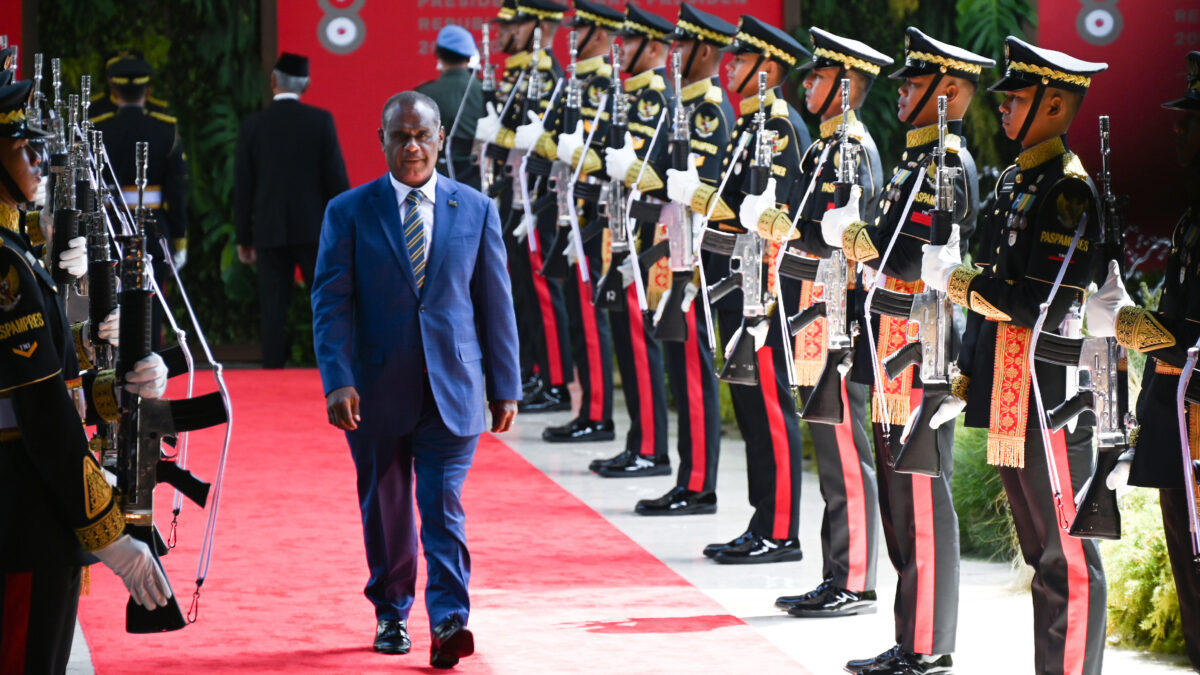Luke Allen – Military Political Analyst – Makati, Manila – lukeallenmanila@journlist.com
Guam, a United States territory in the Pacific Ocean, is making waves in its quest for recognition within the Pacific Island Forum (PIF). As one of the 17 remaining colonies worldwide, the island’s bid for a more prominent role in regional affairs has gained momentum. The U.S. State Department has officially endorsed Guam, with the caveat that Guam refrains from taking foreign policy positions.
The people of Guam, known as Guamanians, have long faced restrictions and challenges as a U.S. territory. Despite these hurdles, they have shown remarkable resilience, which commands admiration. As American citizens, they cannot vote in U.S. presidential elections and have only a single, non-voting representative in the U.S. Congress. This lack of full self-governance has spurred calls for decolonization and increased autonomy for the island.
Guam’s strategic importance to the U.S. military is paramount, underscoring the island’s significance. The island is home to vital military bases, including Andersen Air Force Base and Naval Base Guam, crucial in projecting American power in the region. The U.S. military presence in Guam is a deterrent to potential adversaries and a critical factor in enhancing regional security.
However, the U.S. military presence in Guam, while a significant factor in the island’s geopolitics, is not the sole determinant of its future. In the words of Melvin Borja, Executive Director of the Guam Decolonization Commission, “As long as our island remains a non-self-governing territory, our relationship with our administering power will always be based on consultation and not consent,” referring to military expansion. This sentiment underscores the desire of many Guamanians to achieve a more equitable and autonomous relationship with the United States.
The move to seek PIF status represents a significant step towards greater recognition and participation in regional affairs for Guam. Membership in the PIF would provide Guam with a platform to engage with other Pacific Island nations on issues of common interest, such as climate change, regional security, and economic development, and give it a voice in shaping regional policies and initiatives.
Several nations have voiced their support for Guam’s bid to join the PIF, citing the island’s unique position as a U.S. territory in the Pacific region. Countries like Fiji, Palau, and the Solomon Islands have expressed solidarity with Guam’s aspirations for greater autonomy and self-determination.
Decolonization efforts in Guam have been ongoing for decades, a testament to the island’s unwavering commitment and determination to its cause. Various initiatives have been launched to raise awareness about the island’s political status and advocate for self-determination. The Guam Decolonization Commission, established in 1997, has been at the forefront of these efforts, working tirelessly to educate the public and mobilize support for decolonization.
While Guam’s path to full self-governance may be long and complex, the island’s push for recognition within the PIF marks a significant milestone in its journey toward greater autonomy and self-determination.
Guam’s quest for Pacific Island Forum status underscores the island’s desire for greater recognition and participation in regional affairs. As calls for decolonization grow louder, Guam stands at a crossroads, poised to assert its identity and pursue a future of self-determination and autonomy.



